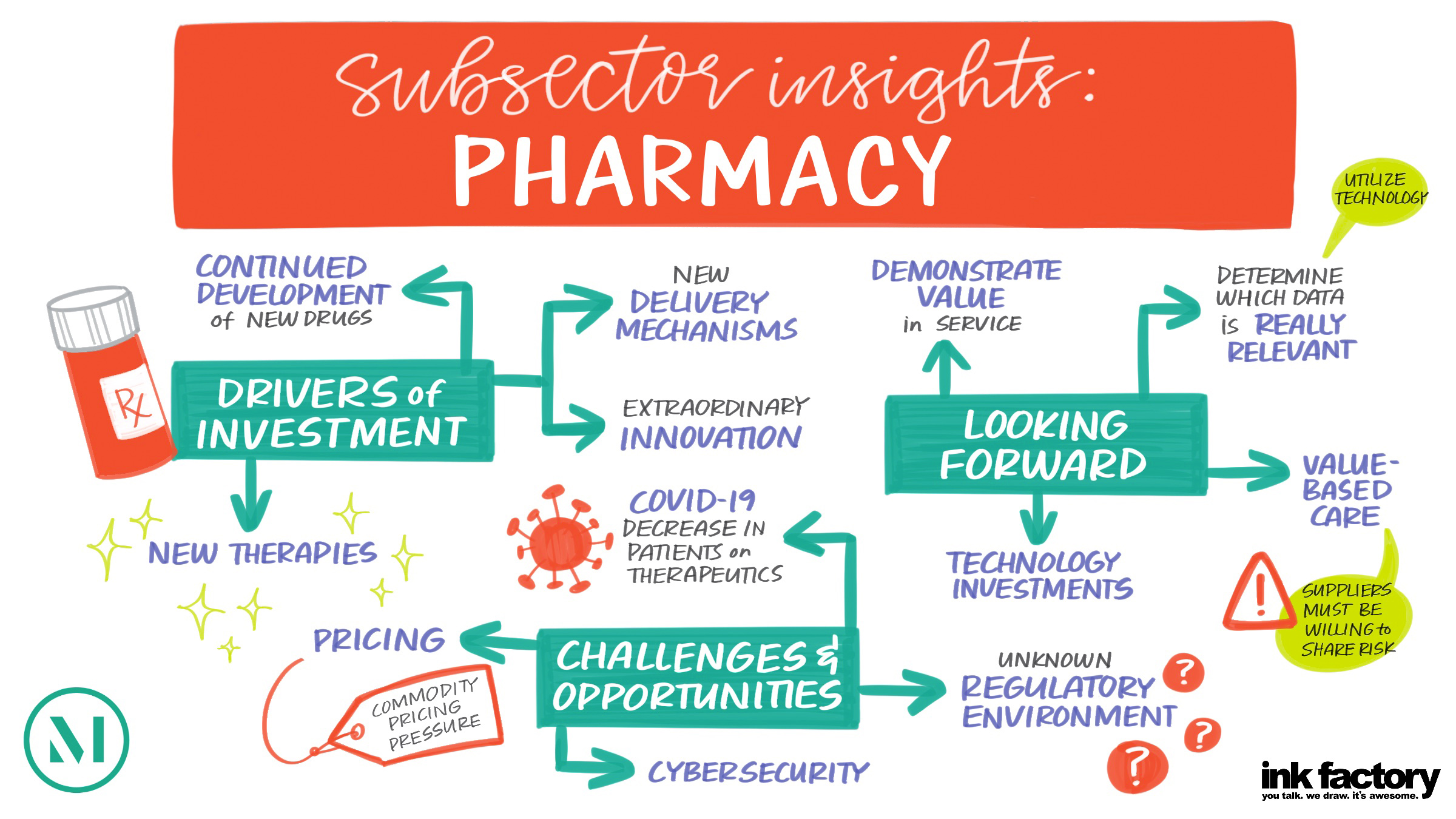On April 15, the Centers for Medicare & Medicaid Services (CMS) released a fact sheet on the potential national coverage determination (NCD) for pre-exposure prophylaxis (PrEP) using antiretroviral drugs to prevent HIV. CMS did not announce any coverage changes in the fact sheet but is providing advance information to avoid any possible disruptions to beneficiaries should the NCD be issued.
We are closely monitoring this issue and will provide further updates regarding the coverage details and additional guidance in the NCD once it is issued.
Under the proposed NCD, PrEP drugs (which may be covered under Medicare Part D and subject to beneficiary cost-sharing obligations) would be transitioned to Medicare Part B, with no beneficiary cost-sharing obligations. CMS also proposes to cover HIV screening tests and counseling visits under Medicare Part B. This would be consistent with most commercial health insurance and Medicaid plans, which, under the Affordable Care Act, must cover PrEP drugs (oral or injectable), laboratory tests and related clinical visits without cost sharing when prescribed by a healthcare provider.
If the proposed change for PrEP drugs occurs, pharmacies will need to be enrolled in Medicare Part B as either a durable medical equipment, prosthetics, orthotics and supplies (DMEPOS) supplier (CMS-855S) or as a Part B pharmacy supplier (CMS-855B). Pharmacies not already enrolled should consider doing so in preparation for the final NCD, as Part B coverage will be effective at the time the final NCD is posted. Pharmacies enrolled in Part B with the provider type [...]
Continue Reading
read more

 Subscribe
Subscribe





